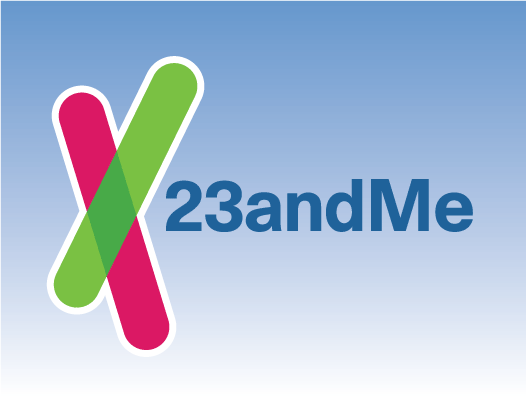October 6, 2014 – The Canadian government and provincial Ministries of Health are about to find themselves facing the democratizing of genetic information, forever altering the relationship between patients and their doctors. The latest genome test kit, 23andMe, is selling in Canada for $199 CDN (under $180 USD). You can order it online. Order a second or more and get a 10% discount.
Why would you want to know more about your DNA? Many medical conditions are inherited. A genome test kit can identify risk factors to those inheritable conditions, but it doesn’t mean you will actually succumb to them.
23andMe is a simple saliva test. You order the kit. It arrives. You swab a sample and send it back. In return you get a report showing you more than 100 health conditions and traits. The results look at your status related to more than 40 inherited conditions from cystic fibrosis to tyrosinemia type 1, the former a condition found in one in 30 with European ancestry, and the latter common to those of French-Canadian ancestry.
Test for the BRCA mutation that if you are a woman may mean a higher risk for contracting breast and ovarian cancer.
Determine whether a particular medical course of treatment your doctor suggests may be life threatening. For example, your genome can reveal how your body reacts to a commonly used stroke and heart attack preventative drug, clopidogrel.
Find out if you are among the 5% with pseudocholinesterase deficiency which can lead to risk of paralysis from anesthetic drugs used in many medical procedures.
Reveal if you are at risk for hemochromatosis, a condition that leads to excessive iron buildup in your body and in some cases can be controlled by simple changes to diet.
Or check if you are risk for celiac disease and gluten intolerance.
For those curious to find out where you come from, find out who your DNA relatives are by regional origin, or learn your maternal-paternal ancestry.
The 23andMe website is populated with stories of people who have used the genetic information gained from the test to alter their wellness planning, and in some cases save their lives.
So if your curious about your DNA, there is no better time than now to take the first steps to find out more about your medical risks and who yo are. It may change the relationship you have with those who advise you medically forever. And not surprisingly, for medical practitioners, it may prove to be a significant step in improving the care they can provide patients.
Government health regulators in both the United States and Canada remain skeptical about the medical efficacy of democratizing genetic information. But the truth is they are about to face a tidal wave of these types of personal genome services and it would be far better for them to embrace the development rather than try to block it.














